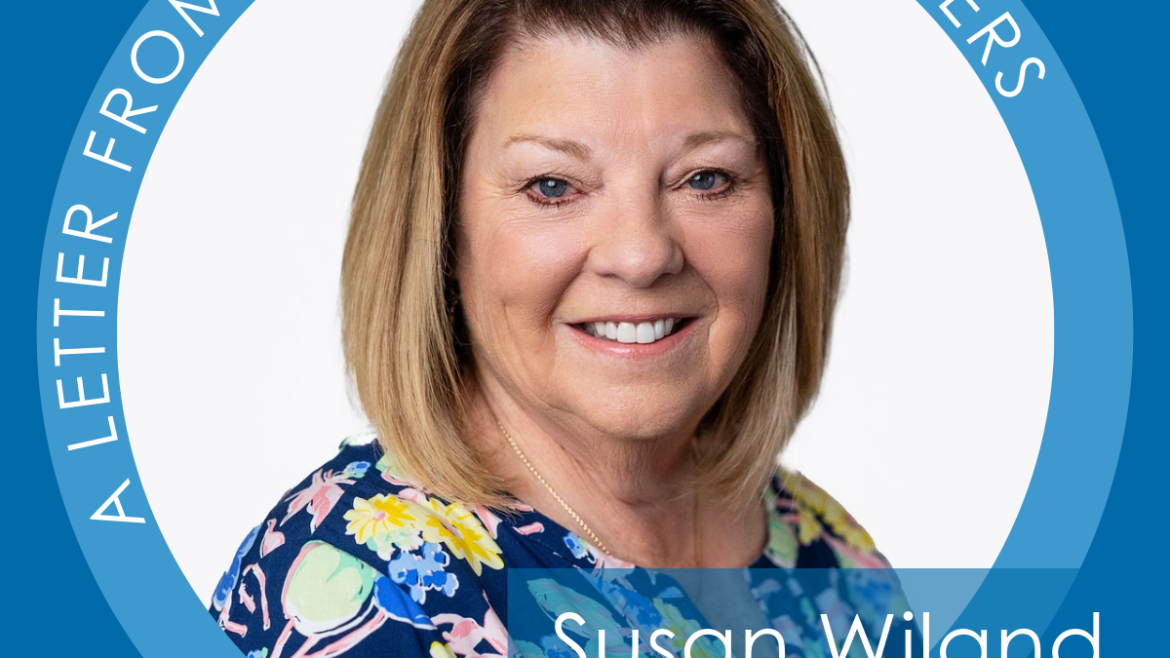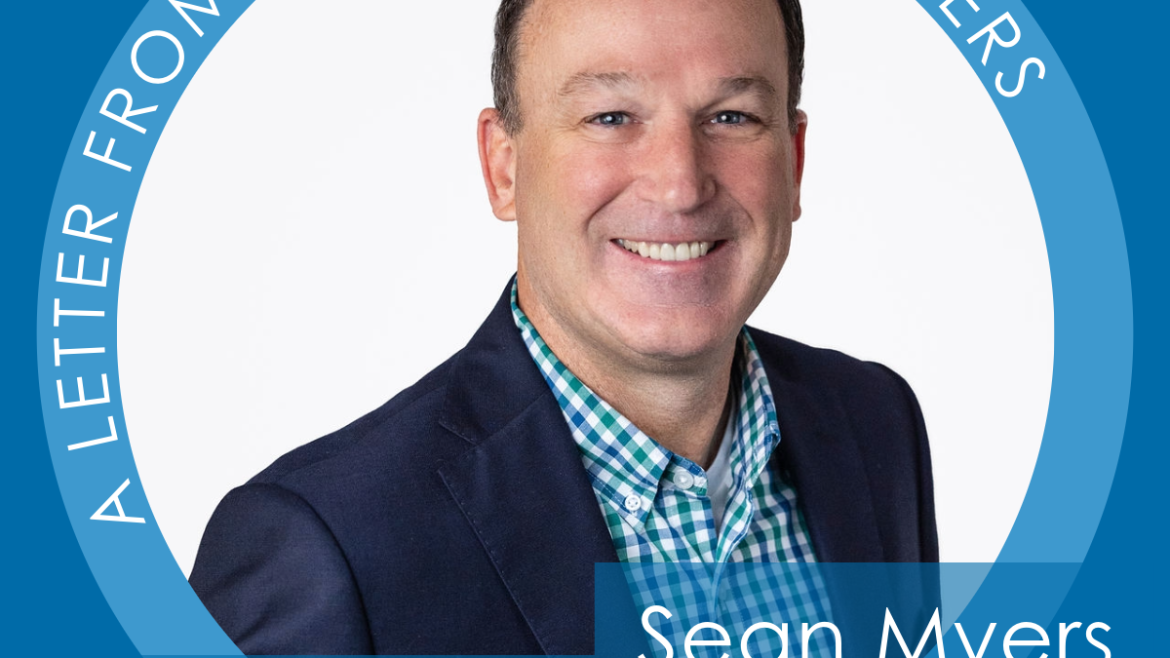“Don’t stop thinking about tomorrow. Don’t stop. It’ll soon be here.”
– Fleetwood Mac
If you missed the National Assembly in Phoenix a few weeks ago then I can promise you a few things. 1) You missed one of the best National Assemblies in recent memory, 2) We missed YOU, and 3) You missed the closing of the President’s Welcome Address where I quoted the line above from the 1970’s rock band Fleetwood Mac. (It was probably the first time in the history of an SVdP USA General Assembly that a 70’s rock band was quoted in the President’s address!) If you want to understand the context, the full address is available on the SVdP website. They tell me it was pretty good.
Today, I want to share with you a message about what inspired me to use the theme “Don’t Stop Thinking About Tomorrow” in that address. Actually, it was a theme that I used with the very first Board meeting held in October 2023, after my term as National President began. And that theme, in various forms and various words, is my vision for the six years of my National Presidency. The National Assembly in Phoenix was, in many ways, the formal ‘launch’ of that vision.
This theme calls us to look forward with hope and faith, to embrace the future with a spirit of charity, and to adapt to the changes that lie before us and ahead of us.
In the book of Jeremiah 29:11, we read, “For I know the plans I have for you, declares the Lord, plans for welfare and not for evil, to give you a future and a hope.” This verse reminds us that God has a plan for each of us, a plan filled with hope and promise. As Christians, we are called to trust in God’s plan and to look forward to the future with confidence.
Charity, or love in action, is at the heart of our Christian faith. In 1 Corinthians 13:13, Paul writes, “And now these three remain: faith, hope and love. But the greatest of these is love.”
Love is the foundation upon which we build our lives and our communities.
Charity is not just about giving money or material goods; it is about giving ourselves for others. It is about being present for others, offering a listening ear, a comforting word, or a helping hand. It is about seeing the face of Christ in everyone we meet — and responding with compassion and kindness.
Pope Francis, in his reflections, reminds us that material things do not lead to the fullness of life, but rather, it is in taking the path of charity which keeps nothing for itself and shares all. He emphasizes that true charity comes from God and is directed towards God, enabling us to love our neighbor as God loves them.
In his May 15, 2024, General Audience address:
“Recalling the Sermon on the Mount, the Holy Father showed that Jesus revealed love ‘as a theological that assumes the name of charity.’ It is a difficult virtue to practice, even an impossible one, ‘if one does not live in God.’ But beyond the normal loves and affections of the human heart, he said, ‘Christian love embraces what is not lovable, it offers forgiveness, blesses those who curse. It is a love so ardent that it seems almost impossible, and yet it is the only thing that will remain of us.’ And he concluded with the warning that, in our final moments, ‘we will not be judged on generic love, but precisely on charity,’ and quoted the words of Jesus, ‘Truly, I say to you, as you did it to one of the least of these my brethren, you did it to me.’” (Vatican News, May 15, 2024)
This is the essence of charity.
In Matthew 25:35-40, Jesus tells us, “For I was hungry, and you gave me food, I was thirsty and you gave me drink, I was a stranger and you welcomed me, I was naked and you clothed me, I was sick and you visited me, I was in prison and you came to me.”
When we serve others, we are serving Christ Himself. This is the essence of what we do as Vincentians.
As we look to the future, we must also be prepared to adapt to change. The world around us is constantly evolving, and we must be willing to grow and change with it. This does not mean abandoning our core values or beliefs, but rather, finding new ways to live out those values in a changing world.
In Isaiah 43:19, God says, “Behold, I am doing a new thing; now it springs forth, do you not perceive it? I will make a way in the wilderness and rivers in the desert.” God is always at work, creating new opportunities and possibilities. We must be open to these new things and willing to step out in faith.
Pope Francis has also spoken about the need for the Church to change in favor of human dignity. He reminds us that adapting to change is not about losing our identity but about growing and ennobling our mission. We must be willing to embrace new ways of thinking and acting that reflect the love and compassion of Christ.
Adapting to change also means being willing to learn and grow. In Proverbs 1:5, we read, “Let the wise hear and increase in learning, and the one who understands obtain guidance.” We must be lifelong learners, always seeking to grow in our understanding of God’s word and His will for our lives. We must learn from each other, from the thousands and thousands of Vincentians who are serving our neighbors in need every day, in cities large and small, across this great country of ours.
As we think about tomorrow, we must do so with hope. Hope is a powerful force that can sustain us through difficult times and inspire us to keep moving forward. In Romans 15:13, Paul writes, “May the God of hope fill you with all joy and peace in believing, so that by the power of the Holy Spirit you may abound in hope.”
Hope is not just wishful thinking; it is a confident expectation of good things to come. It is rooted in our faith in God and His promises. When we have hope, we can face the future with courage and confidence, knowing that God is with us every step of the way.
Let us NEVER stop thinking about tomorrow. Let us embrace the future with a spirit of charity, always seeking to love and serve others. Let us be willing to adapt to the changes that come our way, trusting that God is doing a new thing in our lives. And let us look forward with hope, confident in the promises of God.
Peace and God’s blessings,
John
John Berry
National President

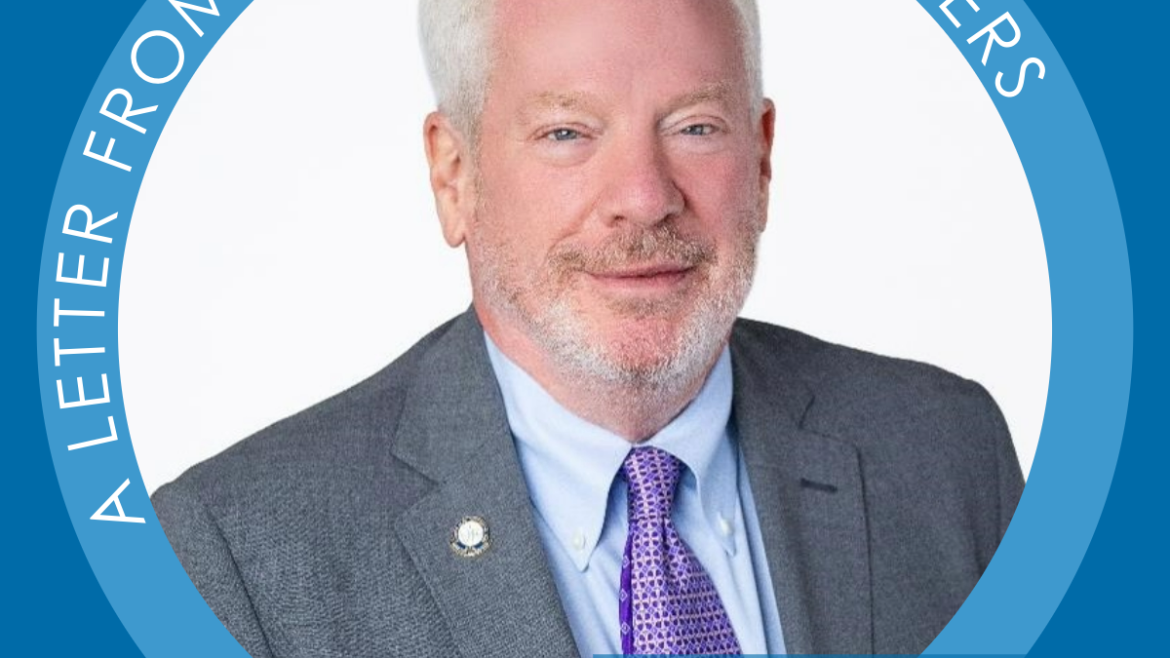
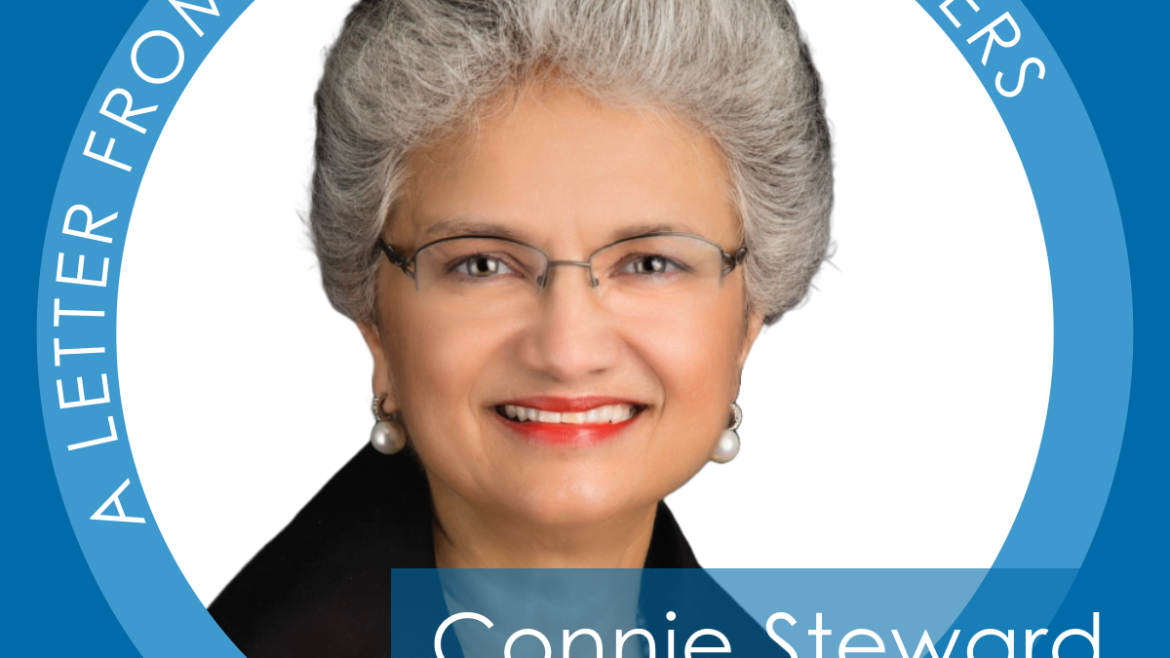
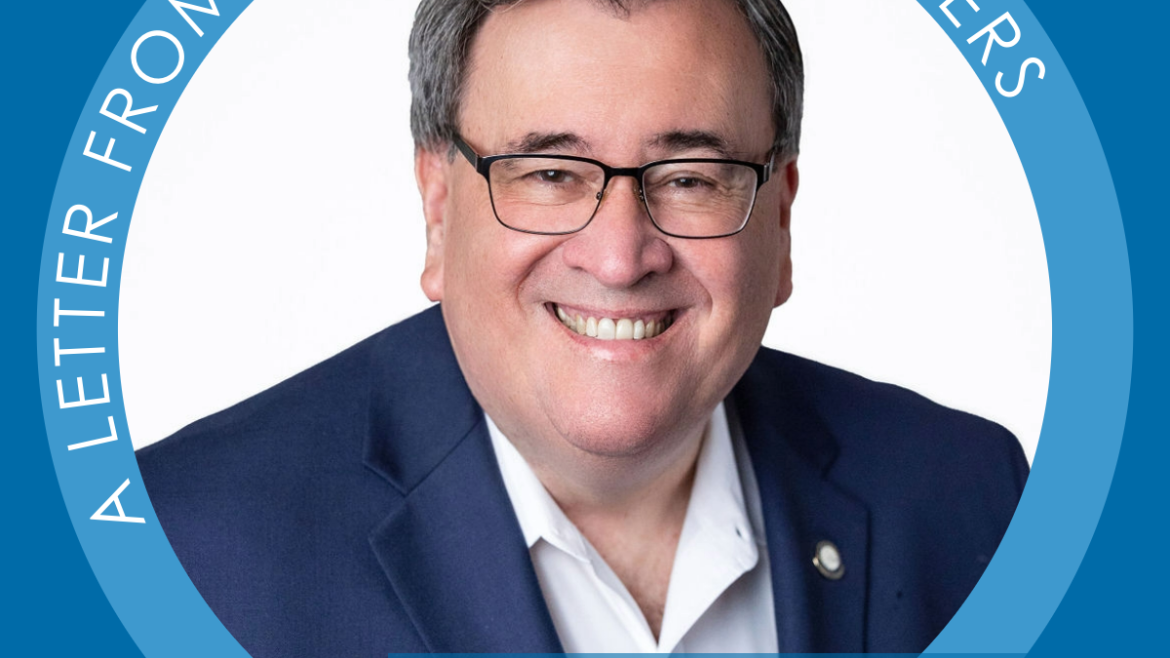
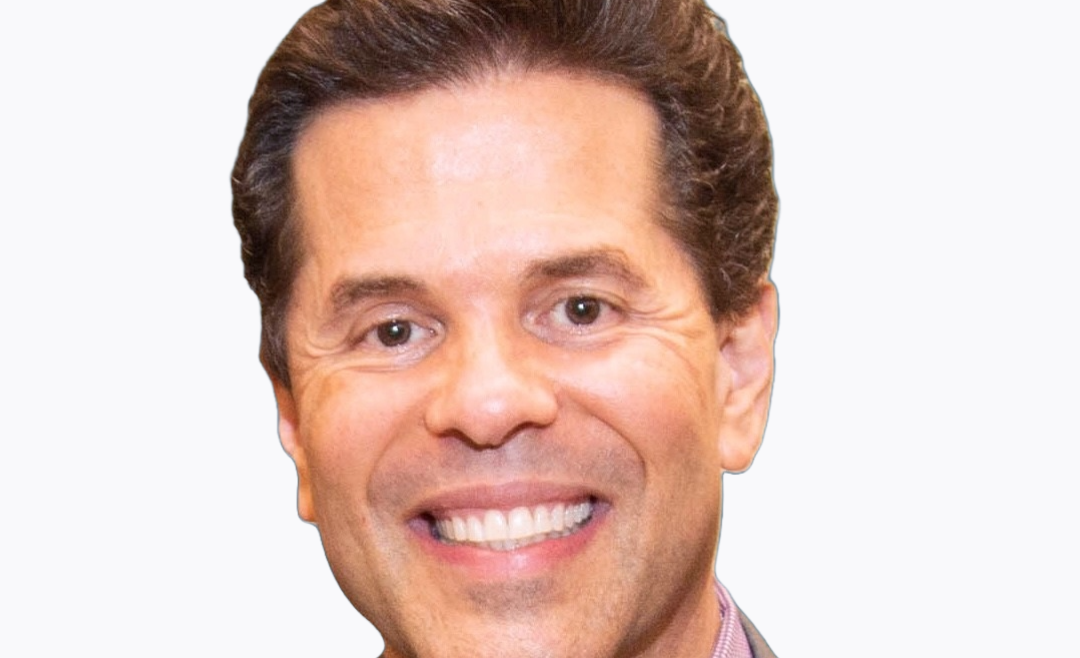
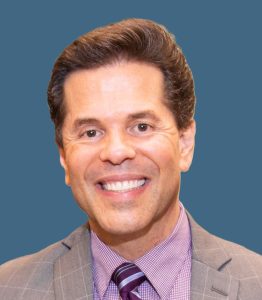 After an extensive nationwide search led by executive search firm
After an extensive nationwide search led by executive search firm 